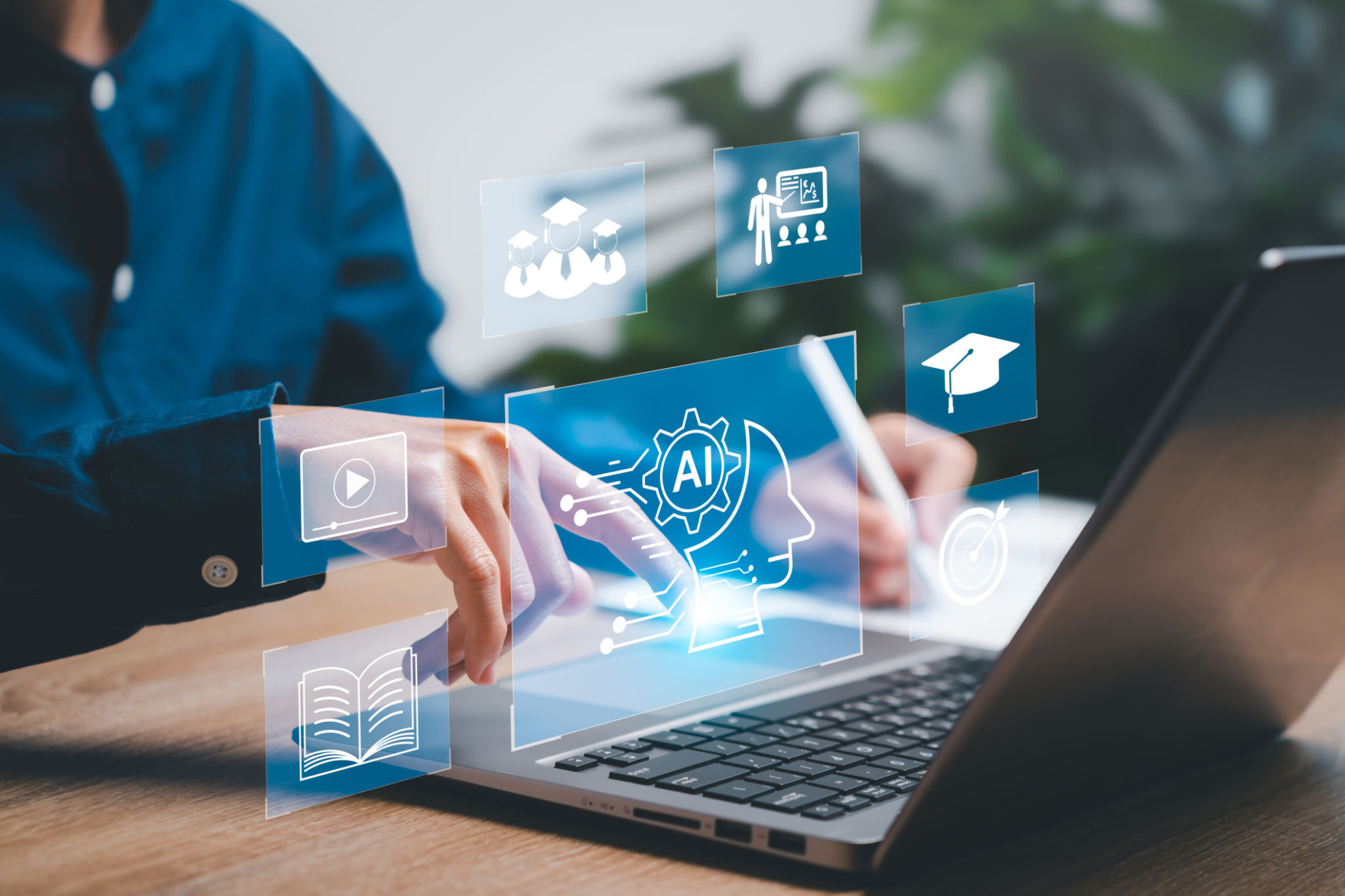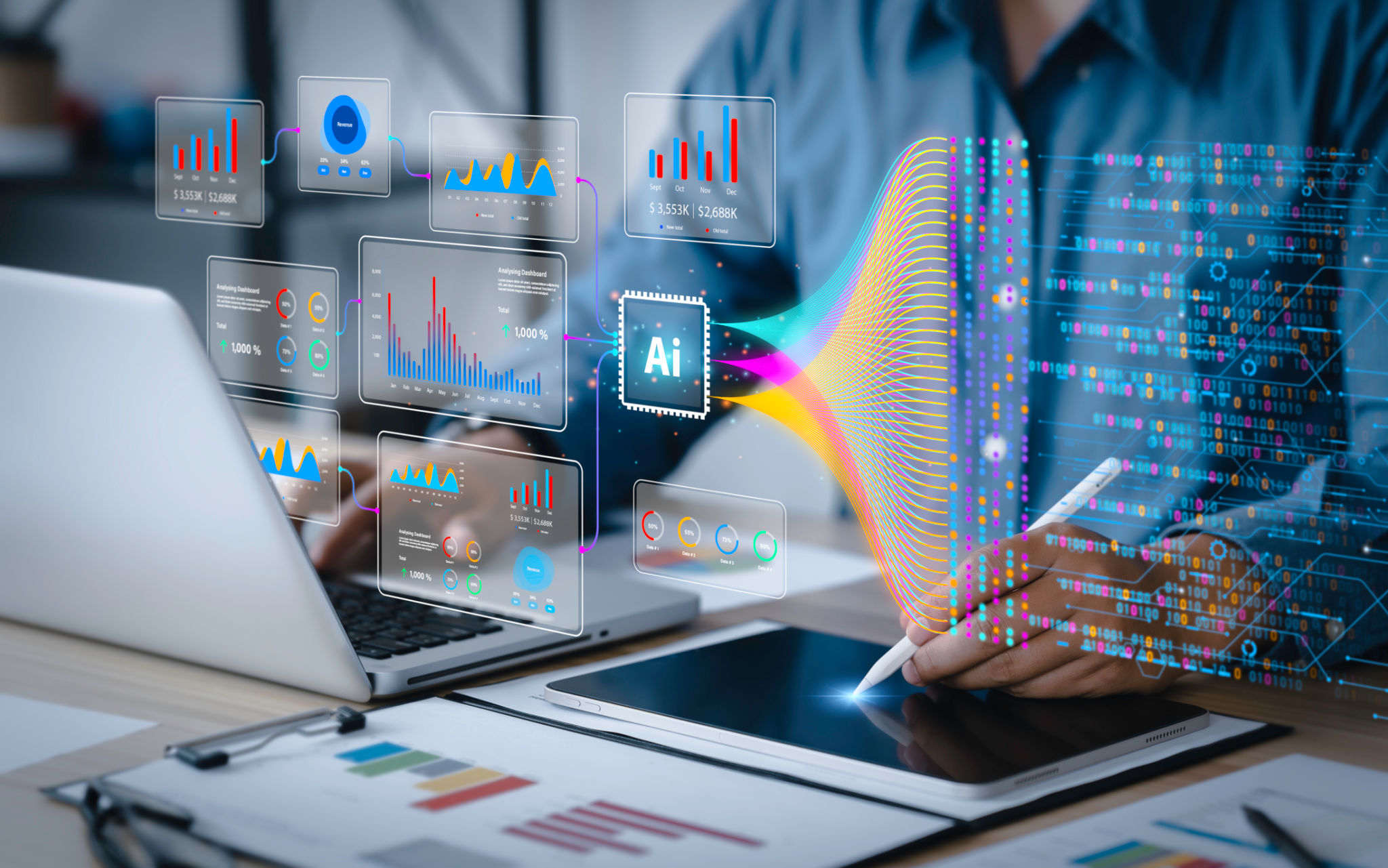Why Practical Experience is Essential in AI Education
The Importance of Practical Experience in AI Education
Artificial Intelligence (AI) is rapidly transforming industries and reshaping the workforce. As educational institutions strive to keep pace with these changes, the inclusion of practical experience in AI education has become crucial. While theoretical knowledge provides a foundation, it is the hands-on experience that equips students with the skills needed to excel in real-world applications.

Bridging the Gap Between Theory and Practice
Theoretical learning in AI covers essential concepts such as algorithms, data structures, and programming languages. However, without practical application, these concepts remain abstract and difficult to fully grasp. By incorporating projects, internships, and lab sessions into the curriculum, students can see firsthand how theoretical principles are applied in developing AI solutions. This experiential learning bridges the gap between classroom instruction and industry demands.
Moreover, practical experience encourages critical thinking and problem-solving skills. Students are challenged to address real-world issues using AI technologies, which fosters creativity and innovation. This not only enhances understanding but also prepares students to tackle complex problems in their future careers.
Developing Technical Proficiency
Hands-on experience is vital for developing the technical proficiency required in the AI field. Through practical projects, students gain familiarity with tools and platforms like TensorFlow, PyTorch, and various machine learning libraries. Mastery of these technologies is essential for building and deploying AI models effectively.

Practical work also involves data analysis and manipulation, crucial skills for any AI professional. By working with datasets, students learn how to preprocess data, handle missing values, and perform feature engineering. These skills are indispensable for creating accurate and efficient AI models.
Enhancing Collaboration and Communication Skills
AI projects often require collaboration among team members from diverse backgrounds. Practical experience in AI education promotes teamwork and improves communication skills as students work together to solve complex problems. This collaborative environment mirrors the professional world, where cross-disciplinary teams are common.

Furthermore, presenting findings and explaining technical concepts to non-experts is an important aspect of AI work. Through practical experiences, students learn to communicate their ideas clearly and effectively, preparing them for interactions with stakeholders and clients in their future jobs.
Preparing for the Workforce
Employers value candidates who can demonstrate practical experience in addition to academic credentials. By involving students in real-world projects and internships, educational programs better prepare them for the demands of the workforce. This experience not only makes students more attractive to employers but also boosts their confidence as they transition into professional roles.
In conclusion, while theoretical knowledge is foundational, practical experience is essential in AI education. It enables students to bridge the gap between theory and practice, develop technical proficiency, enhance collaboration skills, and prepare effectively for the workforce. As AI continues to evolve, educational institutions must prioritize hands-on learning to equip future professionals with the skills necessary to thrive in this dynamic field.